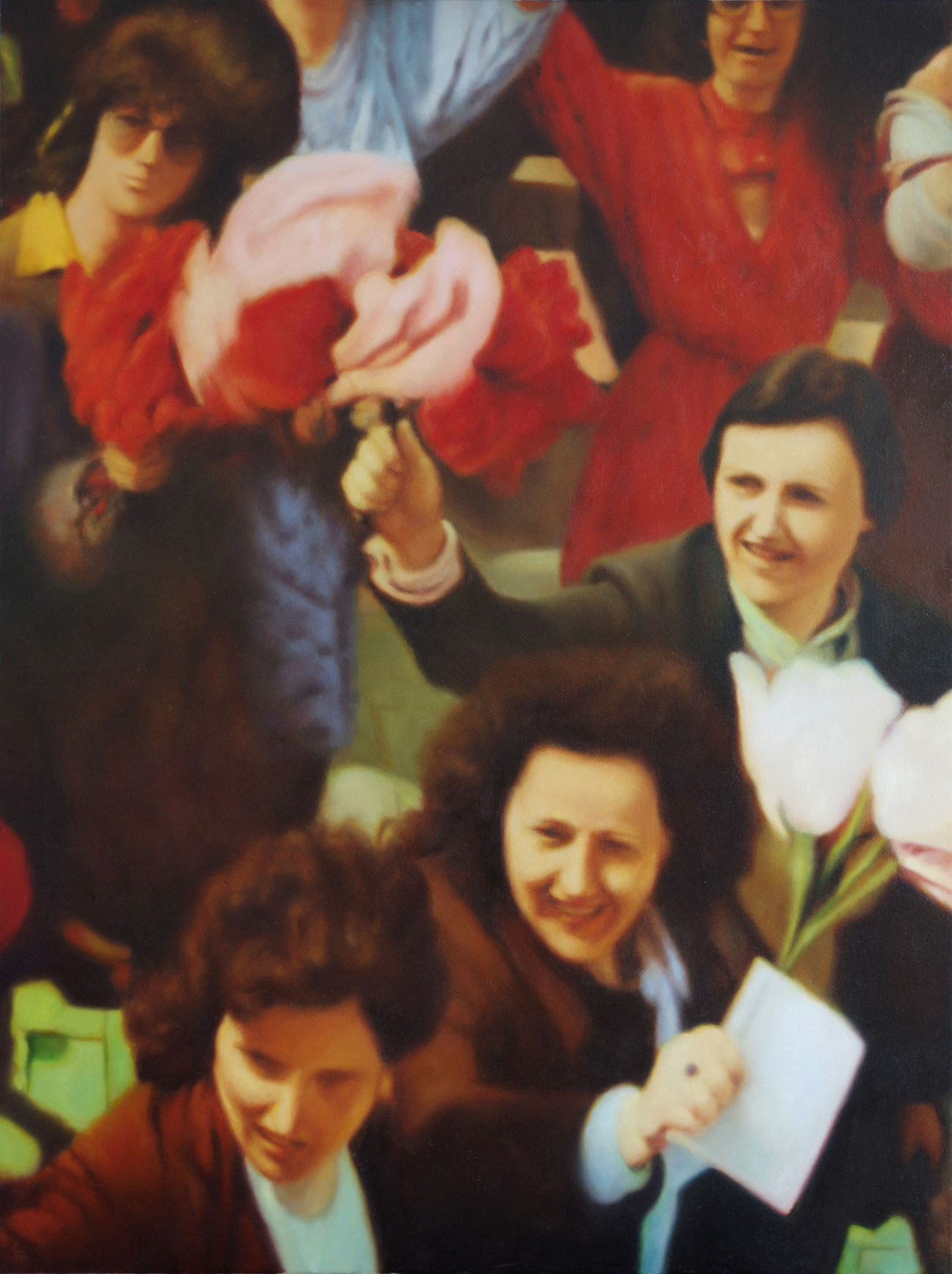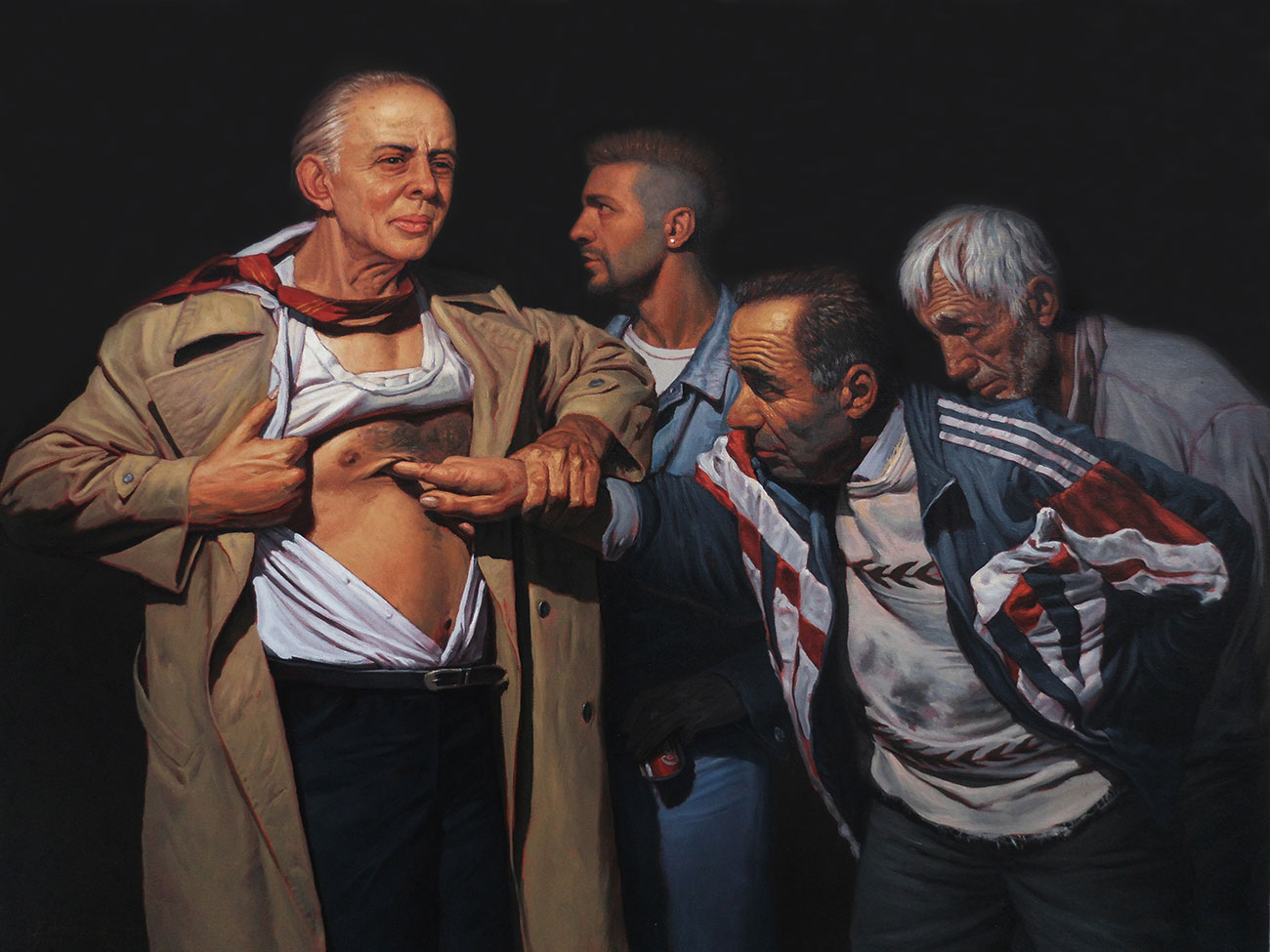Albanie
1207 km East
Mucem, fort Saint-Jean—
Fort Saint-Jean Georges Henri Rivière Building (GHR) 320 m2
|
From Saturday 24 September 2016 to Monday 2 January 2017
Only 1207 kilometres separate Marseille from Tirana, the capital of Albania - barely twice the distance from Paris to Marseille, and within a few kilometres of the route from the Phocaean City to Berlin. The goal of this project is to draw attention to a Balkan country that is both geographically and culturally close to us. Its history and identity fully belong within Mediterranean culture, yet it remains relatively unknown to the French. Albanian history and identity are currently the central focus of the artists of this country, most of whom remain marked by the collapse of the communist regime in 1991, and the subsequently turbulent “transitional period”.
Giving these artists a platform for expression provides an opportunity for us to question what we know about Albania: its past and present, and the societal issues that traverse it and its geopolitics. A juncture between the Adriatic and the Mediterranean, it is perched between the borders of Montenegro, Kosovo, Macedonia and Greece.
Following the dialogue initiated in recent years with artists from Morocco, Greece and Tunisia, the Mucem now proposes a discussion with eleven contemporary Albanian artists, all engaged in one way or another in exploring the identity of their country. Obviously, that is not to say that they are confined to the quest for identity. Every work carries within it an aspiration of universality, even when rooted in a particular place. Here, it seems clear that Albanian soil is especially fertile ground…
After experiencing one of the worst dictatorships since the Second World War, the turmoil of post-communism and the indirect consequences of the wars in the Balkans, Albania has been a candidate since 2009 for entry into the European Union. Furthermore it is one of the few countries in the world to have an artist serving as Prime Minister. Edi Rama, who remains passionate about international contemporary art, has served since 2013. Mayor of Tirana from 2000 to 2011, he was already known for having repainted the city in bright colours, embodying an artistic utopia so often expressed but rarely put into action, based on the belief in the power of artists to change the world. This operation had a huge impact and still resonates in the country’s artistic scene, like questions concerning the reconstruction of the collective memory, of a communist past to overcome, and folklore to examine gingerly.
Around these issues this exhibition gathers the works of young Albanian artists, chosen by an international jury with the participation of curators from the Centre Pompidou, Christine Macel and Alicia Knock, for the Albanian Contemporary Artist Salon (ACAS) in 2015, and works by Albanian artists present in French collections, well known to international audiences. The references to history, Albanian folklore, socialist realism and the major events of the “transitional period” are ubiquitous in these works. This is why the Mucem has chosen to place them in dialogue with a realist socialist painting on loan from the National Gallery of Arts in Tirana (oil on canvas by Zef Shoshi, Krijimi i kooperativës në Mal ësi [Establishing the Mountain Cooperative], 1974) and with the historical Albanian collections drawn from the collections of the Mucem (holdings from the Musée National d’Histoire Naturelle). The latter were selected, interpreted and placed face to face with other objects by a contemporary Albanian artist, Edit Pulaj, also a connoisseur of Albanian folk art.
There are thus several intersecting axes within the exhibition: the links between art, power, image, imagery, history, propaganda… in a country still quite marked by its recent past, just 25 years after the fall of the communist dictatorship; the ties between folklore and identity; the power of artists to change the city and life itself, especially through the urban art operation of the 2000s in Tirana.

